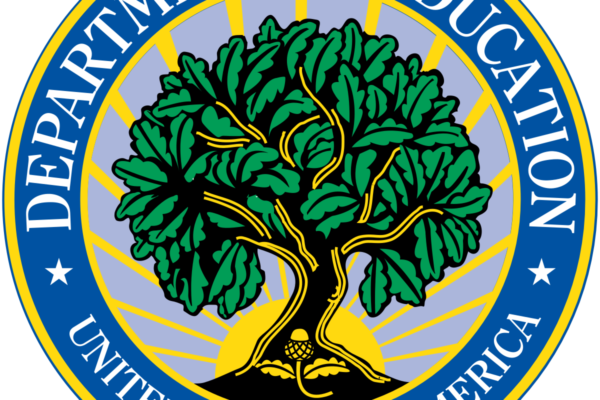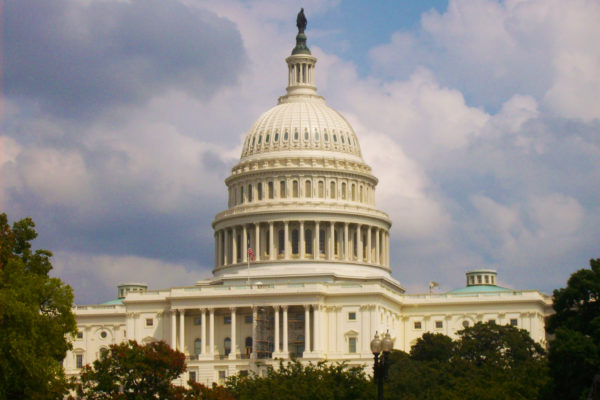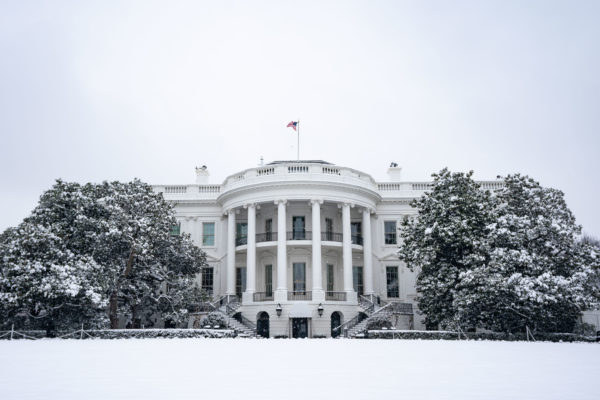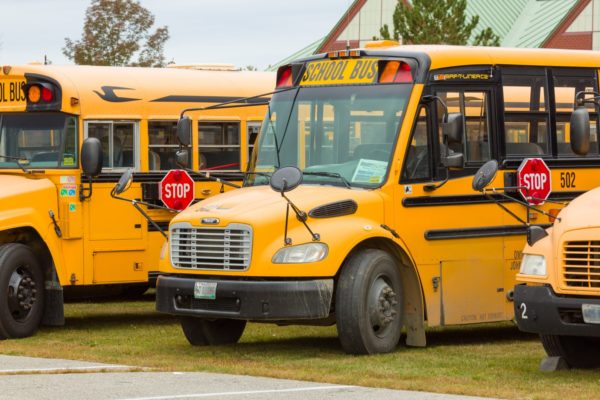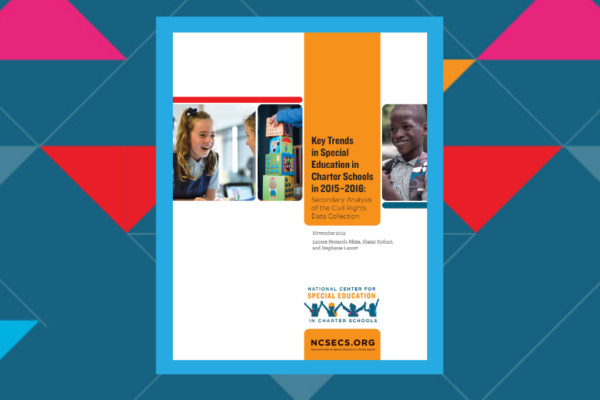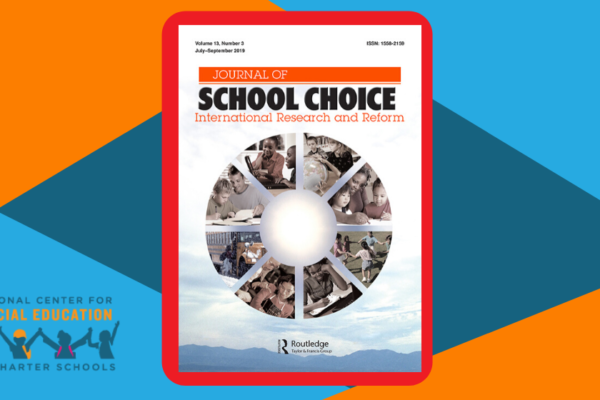The Center applauds Secretary DeVos for recommending a very narrow set of waiver requests that do not infringe upon the key civil rights protections and rights to an education for students with disabilities contained in the IDEA. With so many schools and districts across the country embracing the challenge of educating all students, including those with disabilities, in these turbulent times, we believe her decision is the right one for students, schools, and communities.
On April 3, 2020, the Center submitted a letter to Congress urging against issuing any waivers under the Individuals with Disabilities Act (IDEA) or Section 504 of the Rehabilitation Act of 1973 (Rehab Act) through the Coronavirus Aid, Relief, and Economic Security (CARES) Act and requesting that Congress consider additional support for schools.
On April 3, 2020, the Center submitted a letter to Secretary of Education Betsy Devos urging the Secretary against issuing any waivers under the Individuals with Disabilities Act (IDEA) or the Rehabilitation Act of 1973 (Rehab Act) through the Coronavirus Aid, Relief, and Economic Security (CARES) Act.
The Center is extremely pleased the Department has clarified for states, districts and schools that the federal disability law provides sufficient flexibility to ensure all students, including students with disabilities, can benefit from remote education as communities determine the best approach to instruction during the COVID-19 crisis.
Senate Republicans have introduced the Coronavirus Aid, Relief, and Economic Security Act to support states in their efforts to protect their citizens and to infuse cash into the economy. We wholeheartedly support these efforts. Unfortunately, the bill goes too far by empowering the Secretary of Education to suggest to Congress waivers that would eliminate protections under the Individuals with Disabilities Education Act (IDEA) and the Rehabilitation Act of 1973 (a.k.a. Section 504).
The Center calls upon Congress to reject the White House’s Fiscal Year 2021 budget, which proposes to completely decimate federal support for public schools, threatening access for students in every state.
In a statement in response to the Trump Administration’s promotion of the Education Freedom Scholarships program, the Center urged he Administration and Congress to only support regulated school choice so that parents can make decisions that will not limit or eliminate their child’s civil rights.
This report lays out the findings from a 2015-2016 data collection about special education in both charter and traditional public schools and the implications of that data.
Charter schools are often the only alternative to traditional public schools for students with disabilities in rural communities. The Center for Learner Equity Data Specialist Shaini Kothari recently contributed to a paper published in the Journal of School Choice that examines the challenges and opportunities these rural schools face.
This interactive report provides a visualization of data collected from the Department of Education on the state of special education in charter schools and traditional public schools.


